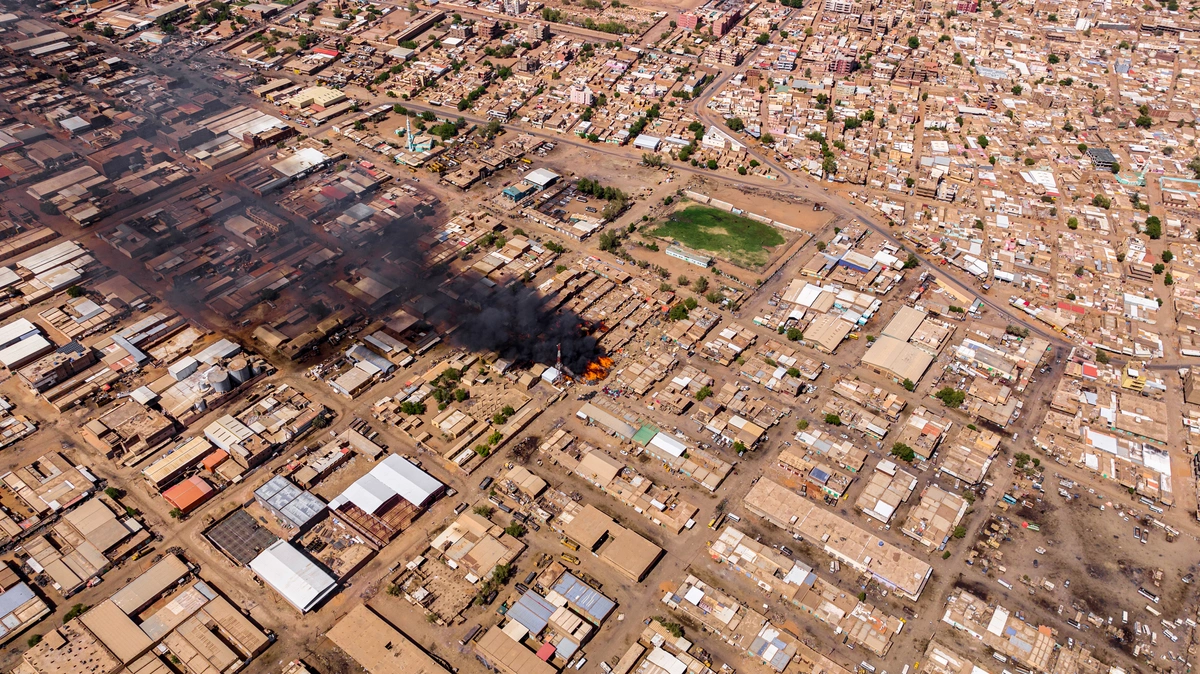
Ensuring health and education service delivery in conflict zones.
Across the world, conflict zones containing anti-government elements (AGEs) are synonymous with humanitarian disasters. Often, AGEs interact dynamically with their surroundings: compounding pre-existing health and education problems. Despite the damage that conflicts cause, millions of people can be guaranteed basic services, despite governments lacking full territorial control.
Many countries with crises in health, nutrition, education and vaccination also contain conflict areas. However, there is no strict correlation between conflict and service failure. Indeed, states like Somalia, Sudan, Nigeria, Ethiopia, the DRC, and Pakistan have often succeeded in delivering services in challenging areas.
Data Draw from Afghanistan Health Survey, 2015.
This conclusion is supported by data. For example, when comparing security incidents per 100,000 people in Afghanistan to immunisation coverage rates, no strict correlation was found. Conflict occurrence and basic service delivery remain somewhat independent variables with the right resilience policies and planning. Several factors are important.
Building trust
Trust is important when operating in conflict zones. Before the change in leadership in Afghanistan in the summer of 2021, various partners helped negotiate access to the southern Taliban-controlled provinces of Kandahār and Helmand by building greater trust with the de facto powers in those provinces.
Where successful, they often relied on Afghan teams with knowledge of local areas and local connections. It has proven useful to match negotiating teams to the ethnic or tribal makeup of the region being accessed.
That trust building ensured the provision of vital service delivery for the 2.8 million people living in Kandahār and Helmand.
In Sudan, organisations are engaging a combination of traditional and non-traditional stakeholders: gaining access to closed-off regions. “White Nile [province] had been classified as a partially accessible state,” says a consultant based in the country. “We managed to get through the supervisors and access the area. We proved you could successfully bring in digital and monitoring tools, even to conflict areas.”
Trust remains an important plank in any strategy for engaging AGEs and gaining access to closed-off areas. Trust is built through organisational transparency, clear signposting, and flexible routines. A set of simple rules to make gaining trust easier, includes:
-
Be sensitive to the demographic make-up of negotiators and gatekeepers.
-
Justify actions and maintain high levels of transparency.
-
Leverage local expertise.
-
Look for intersecting interests.
-
Be ready to compromise.
Building routines
Earthquake-proof buildings have flexible foundations: they bend without breaking. The same might be said for organisations successfully working in fragile environments, humanitarian crises and conflict zones. Flexible routines are essential to gaining entry to conflict zones, maintaining access, and creating resilience.
Sudan’s southern, western and central geographies are particularly challenging. Yet the implementation of flexible routines is helping maintain key performance indicators in health, education and vaccination.
“There are certain ways to perform in a humanitarian crisis,” a consultant says. “Many humanitarian organisations and NGOs had to leave their work after the recent fighting. But [organisations] have been really resilient — maintaining key inputs until the Ministry could move its operations to Port Sudan. We kept up WhatsApp connections with government officials — because in many states, due to connectivity issues, it is impossible to contact them via email.”
In a crisis, despite seeming counterintuitive, consistency and flexibility are both critical. For instance, regularly checking in with government ministers and AGEs is important. One’s ability to maintain communication when infrastructure fails is even more vital. Contingency plans can allow organisations to easily pivot: continuing projects in conflict zones. Working in these contested places is complicated for organisations. But the adoption of flexible routines and trust-building processes can safeguard the delivery of foundational health and education policies.


